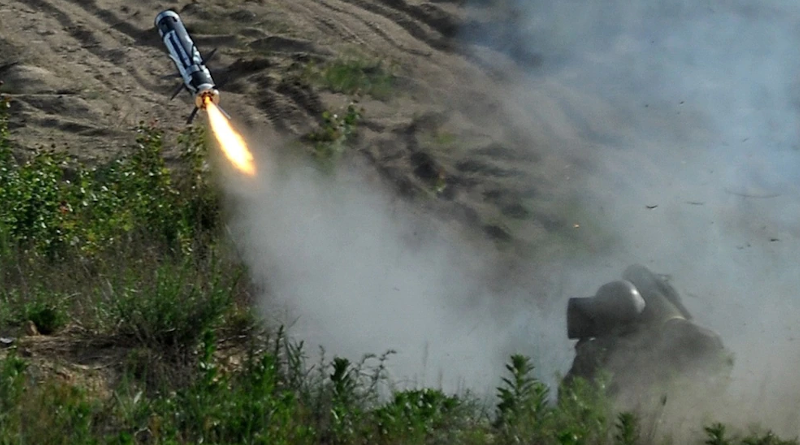
A third world war may begin for the same reasons that World War I did, as a result of the collapse of communications between major powers and miscalculations arising from the resulting tendency of governments to impute intentions on the basis of observed capabilities, Andrey Kortunov says.
That makes the current situation extremely dangerous, the Moscow foreign policy expert says, because while no one wants a major war, especially in Europe, the fact that the governments of major powers are now talking to each other much less than only a few years ago creates the potential for disaster (business-gazeta.ru/article/526734).
When governments do not talk with one another, Kortunov says, it is almost inevitable that their militaries will make their plans on the basis of what they observe, imputing intentions on the basis of capabilities even if those who have developed those capabilities have no such intensions. That is what happened in 1914, and it could happen again.
Both the situation in 1914 and that now are very different from what was the case in the 1930s, he continues. Then, “Germany wanted war, and the Soviet Union made its calculations on the basis of its conclusion that a clash was inevitable.” But there was no such inevitability before World War I and there is none now, but miscalculations arose and could again as well.
There is a lot of loose talk about a war beginning in the Baltic, with Moscow invading Estonia, Latvia and Lithuania and the West countering by seizing Kaliningrad. But such talk is nonsense. Far more dangerous, Kortunov says, is the situation surrounding the Black Sea where the two sides have not worked out commonly understood rules of the game.
Moreover, he argues, in the Black Sea region, there is what the Americans call “a loose cannon” – Turkey, which has not been a major player until now but aspires to that status and may do things that neither Russia nor NATO would consider sensible. That too adds to the danger of a major war originating there.
As to the third world war arising as a result of the clash between Russia and Ukraine, Kortunov says that in his view, that is very unlikely. And he suggests that their relationship is likely to evolve as India and Pakistan’s has. The latter for decades was portrayed as a trigger of a bigger war, but that hasn’t happened – and now is unlikely to.
In part, that is because the India-Pakistan conflict is no longer about religion. India is increasingly a Muslim state too because of the changes in the religious composition of its population.
But there is one wild card in the current situation that could upend all current calculations, and that is the coronavirus. The United States has now lost more people to that disease than it did in the two world wars combined, and it is unclear how its population and government will respond to that if and when the pandemic ends.
